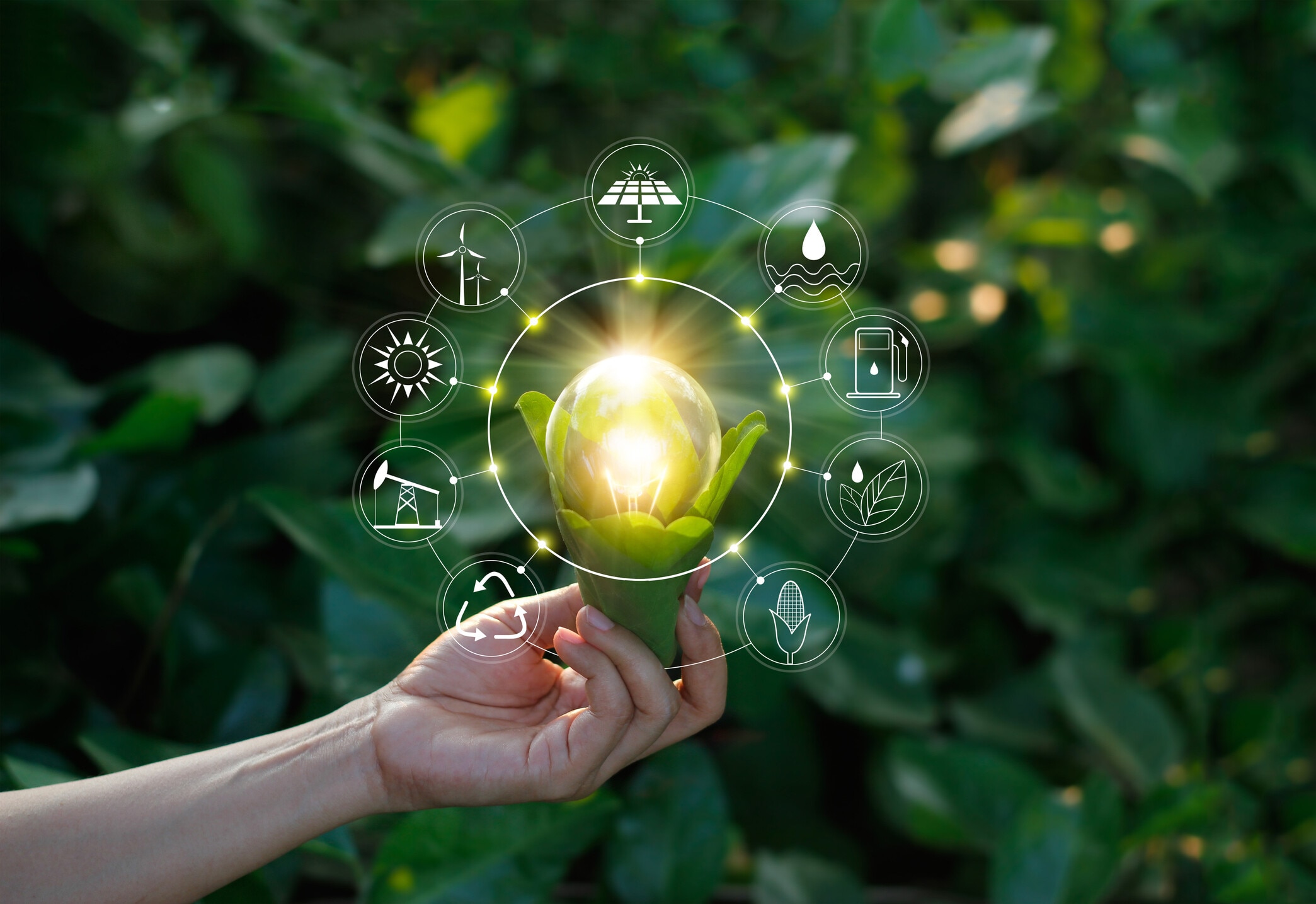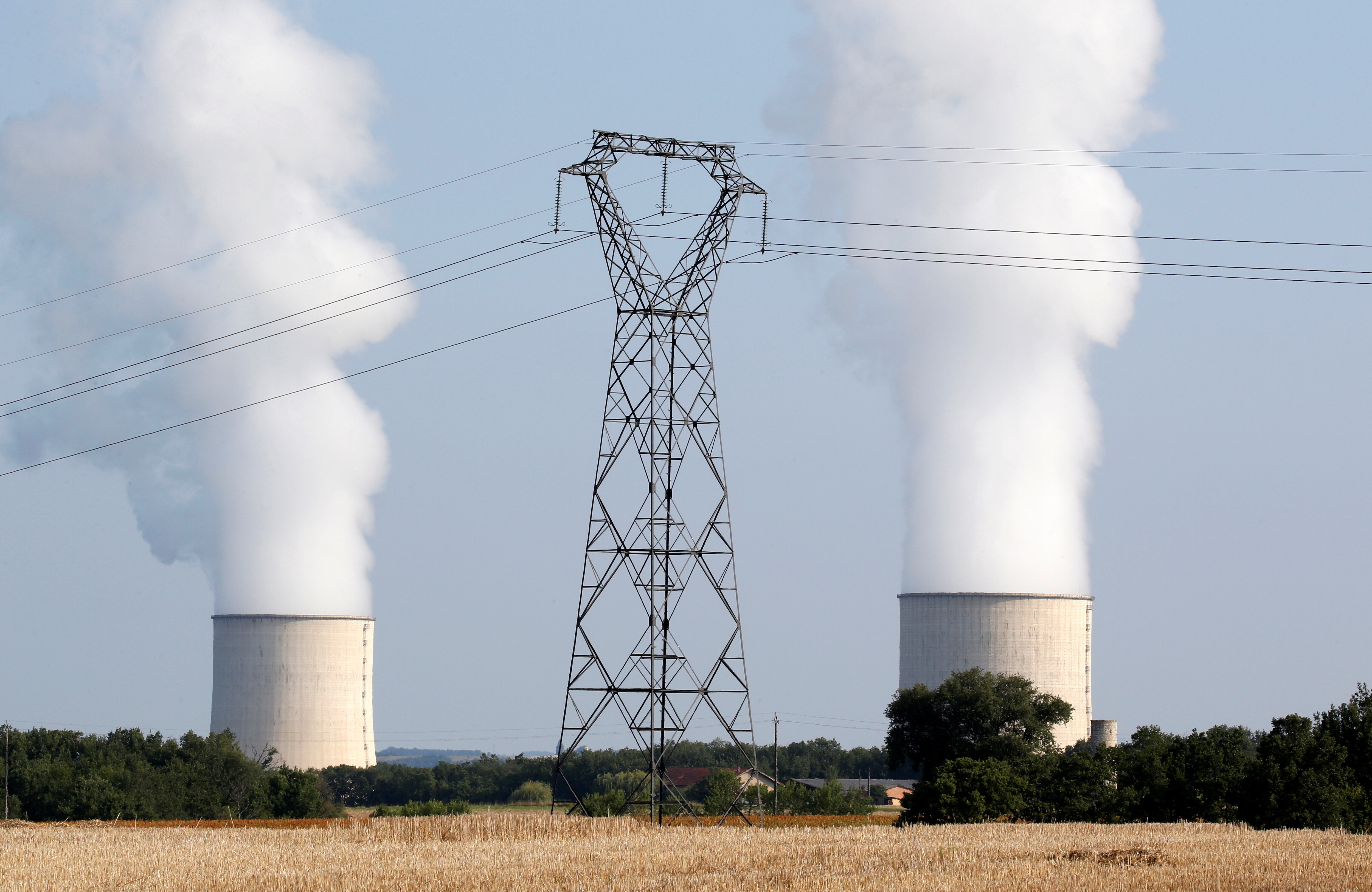Simplicity and purpose: What Zen gardens can teach us on corporate sustainability

Zen gardens exemplify resilience, simplicity and purpose – qualities that can inspire a transformative approach to corporate sustainability. Image: Getty Images
- Zen gardens exemplify resilience, simplicity and purpose – qualities that can inspire a transformative approach to corporate sustainability.
- CEOs must evolve into Chief Ecosystem Orchestrators, mobilizing their organizations and communities to embrace sustainability with clarity and commitment.
- Drawing on the timeless wisdom of Zen gardens, let’s step forward with the responsibility to create a sustainable legacy.
As we confront today’s sustainability challenges, it’s essential to recognize that many of these issues stem from our own actions. In seeking solutions, we often rely solely on human ingenuity. However, nature offers profound insights.
Zen gardens, with their harmonious balance of elements, exemplify resilience, simplicity and purpose – qualities that can inspire a transformative approach to corporate sustainability.
1. Purposeful design: Building resilience and adaptability
Zen gardens are meticulously crafted, with each element intentionally placed to create harmony and withstand nature’s fluctuations. This balance of strength and flexibility is crucial for corporate strategies focused on sustainability, especially in the face of global megatrends and disruptions.
Companies can adopt this mindset by fostering resilient practices and aligning their efforts with global goals, such as the United Nations’ Sustainable Development Goals (SDGs).
2. Dynamic harmony: Balancing innovation with core values
In Zen gardens, harmony is a dynamic concept – there’s a continuous adjustment to preserve beauty while allowing for new growth. Similarly, sustainable business transformation involves investing in new growth areas while preserving foundational strengths. Companies that balance innovation with core values are better positioned for a sustainable future.
3. Intentionality in action: The symbolism of order and mindfulness
The raked sand patterns in Zen gardens symbolize mindfulness and intentionality, underscoring the need for purposeful action. In corporate sustainability, this translates to transparent governance, accountability and responsible practices.
4. Connection and transition: Bridges as symbols of collaboration and progress
Bridges in Zen gardens represent connection and overcoming obstacles—principles essential to the journey toward sustainability. By fostering SDG-linked research and development and collaborative innovation, companies can bridge the gaps between today’s challenges and tomorrow’s solutions, creating value that extends beyond profits.
5. Resilient growth: Learning from bamboo and bonsai
Plants like bamboo and bonsai symbolize resilience, patience, and harmony in Zen gardens. To secure a sustainable future, companies must continuously invest in resilient growth and prepare for future generations.
6. Ecosystems in balance: Interconnected elements of sustainability
The elements of a Zen garden coexist in harmony, reflecting nature's interconnectedness. Companies can adopt a holistic sustainability agenda that addresses decarbonization, water management, biodiversity, and the circular economy.
7. Cultivating purpose: Inspiring workforce and community engagement
Just as a Zen garden invites contemplation, a purpose-driven corporate culture empowers employees to reach their potential in achieving sustainable outcomes. Cultivating a culture rooted in purpose can create a ripple effect, magnifying the organization’s impact and uniting employees in a shared vision.
In a previous discussion, we envisioned a world where CEOs evolve into Chief Ecosystem Orchestrators, mobilizing their organizations and communities to embrace sustainability with clarity and commitment. This vision is increasingly essential. Drawing on the timeless wisdom of Zen gardens, let’s step forward with the responsibility to create a sustainable legacy.
Yes, sustainability, technology and innovation are critical. But to create organizations prepared for the future, we must focus on one of the most vital keywords: harmony. In other words, balance. None of these trends are sufficient on their own. The greatest challenge facing today’s organizations is the ability to manage everything simultaneously. We aim to balance today’s financial realities while meeting tomorrow’s expectations, address tomorrow’s environmental issues while satisfying the needs of today’s shareholders and investors, grow our core businesses, and position ourselves as innovators in new sectors.
Today and tomorrow must be lived together. Neither is more valuable nor too far away. Every aspect requires solutions simultaneously.
Simplicity, balance, resilience and purpose – these values transcend time. It is up to us to move beyond outdated practices, harness the exponential opportunities of the green economy, and construct a world where each action contributes to collective harmony.
Just as ripples in a Zen garden extend outward, purposeful sustainability can create waves of change that resonate far beyond today, shaping a brighter future for generations to come.
Don't miss any update on this topic
Create a free account and access your personalized content collection with our latest publications and analyses.
License and Republishing
World Economic Forum articles may be republished in accordance with the Creative Commons Attribution-NonCommercial-NoDerivatives 4.0 International Public License, and in accordance with our Terms of Use.
The views expressed in this article are those of the author alone and not the World Economic Forum.
Stay up to date:
Sustainable Development
Forum Stories newsletter
Bringing you weekly curated insights and analysis on the global issues that matter.
More on Climate Action and Waste Reduction See all
Yun B. Choi and Kijune Kim
January 7, 2026






